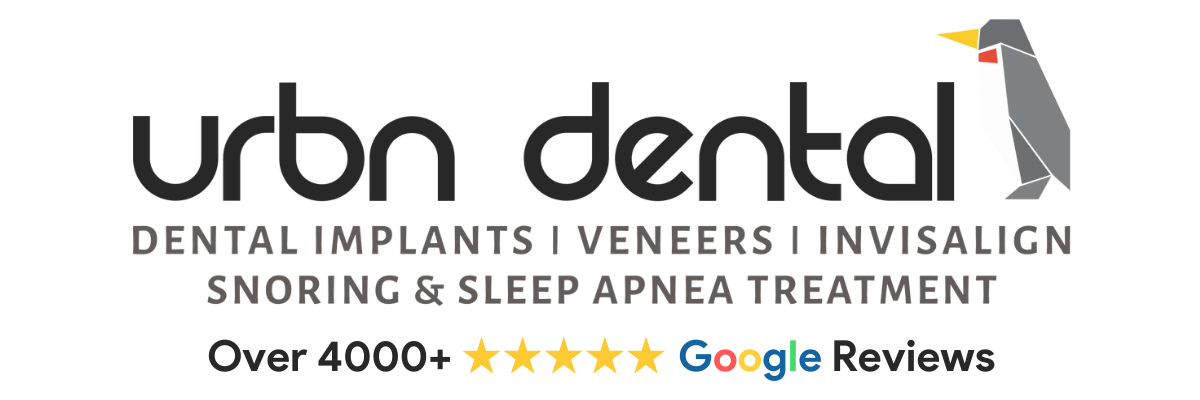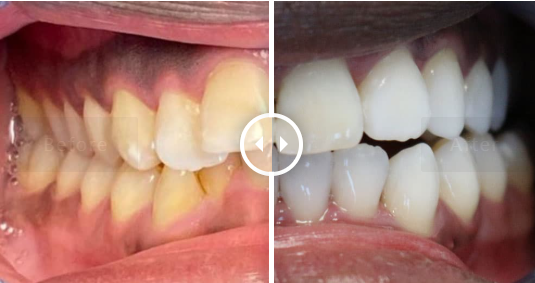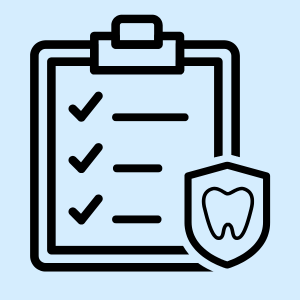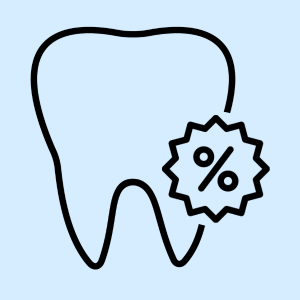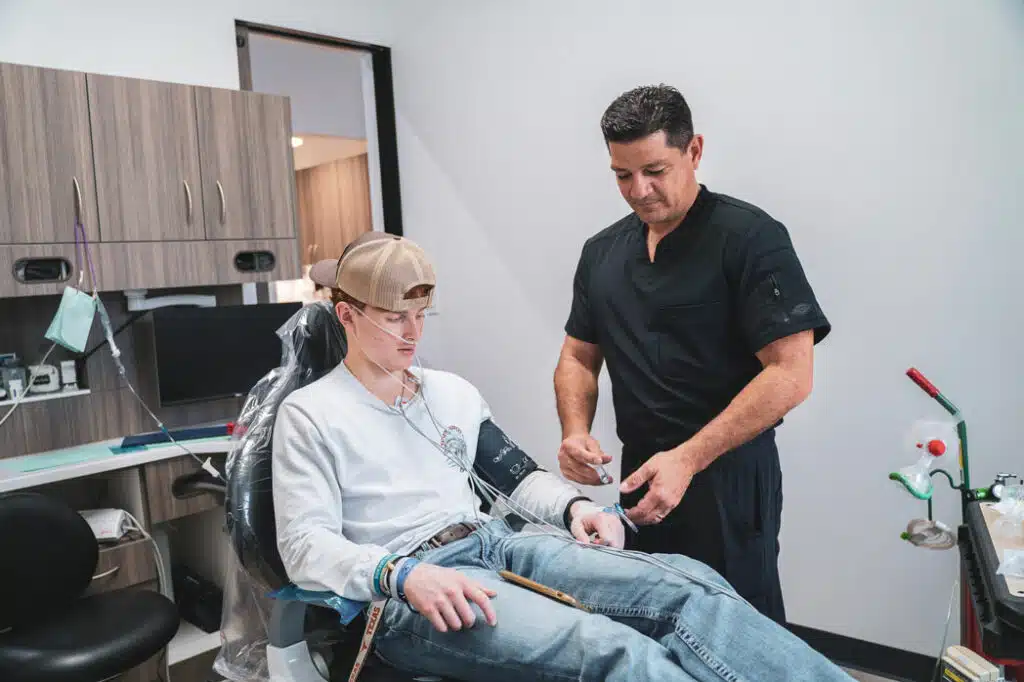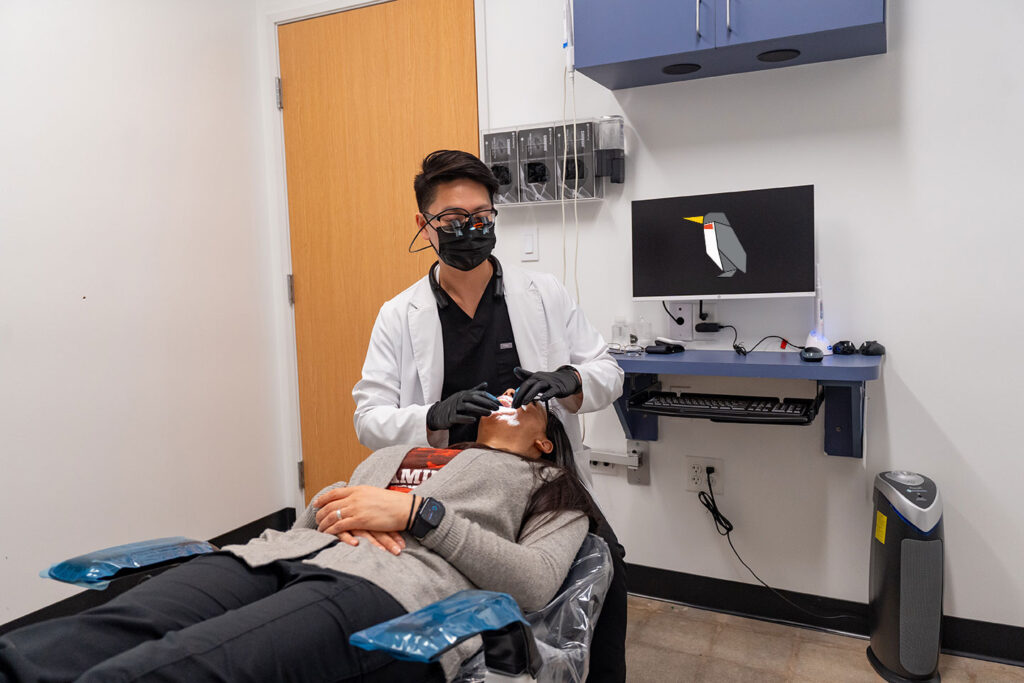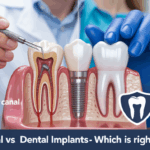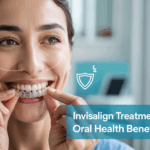How to Get Rid of Tooth Pain?
Tooth pain can make you miserable. When a tooth hurts, you may also have jaw pain or a headache. It is necessary to find the reason for tooth pain so you can get well. Proper care for tooth pain involves a visit to the dentist. Sometimes, you need emergency care for tooth pain. Your dentist can help to resolve your tooth pain once you have a proper exam. You may need a filling, a root canal, or even an extraction. There are a few things to be aware of when you need help with tooth pain.
What is a Toothache?
A toothache is pain or discomfort in or around a tooth. It can be sharp, throbbing, or constant, and sometimes, the pain only occurs when you bite down or apply pressure. Toothaches are often a sign that something is wrong with your tooth or gums, such as tooth decay, infection, or injury. Even a mild toothache can be your body’s way of saying it’s time to see a dentist.
Types of Toothaches
Toothaches can vary based on their cause and intensity. Some common types include:
- Sharp, sudden pain: Often linked to cavities or cracked teeth.
- Throbbing pain: May signal an infection or abscess.
- Dull, lingering ache: Could be from clenching, grinding, or a gum issue.
- Pain when chewing or biting: Might suggest a loose filling, decay, or fracture.
- Sensitivity to hot, cold, or sweets: Common with worn enamel, exposed roots, or early decay.
Restore your smile today with our flexible financing options.
Apply now and enjoy affordable monthly payments!
Symptoms and Causes of Toothaches
Here are the common symptoms of a toothache:
- Persistent tooth pain
- Swelling around the tooth or jaw
- Fever or headache
- Foul-tasting discharge (from infection)
- Pain that worsens when lying down
Common causes of toothaches include:
- Tooth decay (cavities)
- Gum disease
- Tooth abscess or infection
- Cracked or broken teeth
- Loose or damaged fillings
- Impacted wisdom teeth
- Grinding or clenching (bruxism)
Searching for an emergency dentist near me?
Don’t wait, book a same-day appointment with our expert dental team now!
How Do Dentists Treat Toothaches?
Treatment depends on the cause of the pain. At your visit, a dentist will examine your tooth, take X-rays if needed, and recommend the best solution. Common treatments include:
1. Dental Fillings (For Cavities)
If your toothache is caused by a cavity (tooth decay), your dentist will remove the decayed portion of the tooth and fill it with a safe, durable material. Modern dental filling are often tooth-colored and BPA-free, blending naturally with your smile. This restores the tooth’s structure and stops the pain by sealing off the sensitive area.
2. Root Canal Therapy (For Infected or Inflamed Pulp)
When decay or trauma reaches the inner pulp of the tooth (which contains nerves and blood vessels), it can cause severe pain and infection. A root canal involves removing the damaged pulp, cleaning and disinfecting the inside of the tooth, and sealing it with a special material.
In most cases, a crown is placed afterwards for added strength. This treatment helps save the natural tooth and eliminates pain.
3. Antibiotic Treatment (For Infections or Abscesses)
If a dental infection has spread beyond the tooth, such as in the form of a gum abscess or facial swelling, your dentist may prescribe antibiotics to help control the infection.
Antibiotics are usually combined with in-office treatment, such as drainage of the abscess or cleaning of the infected area, depending on severity.
4. Tooth Extractions (For Severely Damaged or Impacted Teeth)
In cases where the tooth is too damaged to be restored, due to deep decay, trauma, or infection, extraction may be necessary. Dentists also recommend tooth extraction for impacted wisdom teeth that are causing pain or crowding.
After removal, your dentist will discuss replacement options such as implants or bridges to restore function and aesthetics.
5. Dental Crowns (For Cracked or Structurally Weak Teeth)
When a tooth is cracked, worn down, or has undergone root canal therapy, a dental crown may be placed over it to protect and strengthen the structure. Dental crowns are custom-made to match the shape and color of your natural teeth and can prevent further damage while relieving pain caused by exposure or pressure.
6. Nightguards (For Teeth Grinding and Clenching – Bruxism)
If your toothache is due to grinding or clenching, especially at night, your dentist may recommend a custom nightguard. This soft or hard plastic appliance fits over your teeth and protects them from wear, pressure, and sensitivity. Nightguards can also help reduce jaw tension, headaches, and long-term enamel damage.
Don’t wait for the pain to get worse. At URBN Dental, our experienced team uses advanced diagnostics and gentle techniques to treat the cause of your toothache quickly and effectively.
Visit one of our convenient Houston locations, including River Oaks, Midtown, Montrose, Memorial, and Uptown.
Unsure about your insurance coverage?
Contact us for a complimentary insurance verification today!
Home Remedies to Manage Tooth Pain Before Seeing a Dentist
While waiting for your dental appointment, you can try some simple home remedies to ease tooth pain temporarily:
- Cold Compress: Apply a cold pack or ice wrapped in a cloth to the outside of your cheek near the painful area for 15-20 minutes. This can help reduce swelling and numb the pain.
- Saltwater Rinse: Mix half a teaspoon of salt in a glass of warm water and rinse your mouth gently. This can help reduce inflammation and clean the affected area.
- Over-the-Counter Pain Relief: Taking an over-the-counter painkiller like ibuprofen or acetaminophen can help manage the pain, but follow the dosage instructions carefully.
- Avoid Trigger Foods: Stay away from very hot, cold, sweet, or acidic foods and drinks, as they may worsen tooth sensitivity.
- Elevate Your Head: When lying down, keep your head elevated to reduce blood flow to the painful area, which can lessen throbbing.
Remember, these remedies only provide temporary relief. It’s important to visit your dentist promptly to treat the underlying cause of your tooth pain.
What’s the Next Step?
An urgent care center for tooth pain can assess the situation and give you the best medicine for tooth pain. If the problem is serious, you may need to wait for an emergency dental procedure instead of going home. The goal of urgent care is usually to get the patient stable until they can make a regular doctor’s appointment. URBN Dental can help restore your dental health. Dental pain, however, may indicate a problem that cannot wait.
Your comfort matters!
We offer sedation options for a stress-free dental visit.
Conclusion
Urgent care cannot always handle dental issues. Dentists are not on staff unless it is a specialized dental urgent care clinic. Communicate with your dentist as soon as you notice tooth pain. They can find a cause for the pain and make a treatment plan. Make an appointment with URBN Dental immediately to assess your situation.
New patients welcome!
Schedule your first visit with us today.
FAQs
What care should be taken after root canal treatment?
Your dentist may send you home with a pain killer and instructions to put ice on your face. Soreness often happens because your mouth is open for a long period of time. Your jaw may be sore. Most people feel better after a root canal treatment because the dentist removes the area that causes pain. You should also avoid hard or sticky foods until the filling is set and sensitivity declines.
Why do cloves help toothache?
There is a natural anesthetic in clove oil, called eugenol. This can help numb the area and decrease inflammation.
Which is the best pain killer for a toothache?
There is no one pain killer that works for everyone. Your dentist considers the level of your pain, allergies to medication, and your medical history. A dentist sometimes uses opioids when you have major dental surgery. Prescription-strength versions of over-the-counter medications may work for simpler procedures.
How To Relieve Tooth Pain?
Dentists may recommend pain medication to keep you comfortable before treatments and during recovery. You can also put a cold pack in the area. The only way to end tooth pain, however, is to have proper dental work.
Will urgent care give me pain meds for tooth pain?
Urgent care may provide pain medication under their supervision to give you some relief. If they give you a prescription, it is usually for a limited number of pills. It is only meant to help until you can make an urgent appointment with your dentist.
We accept most major PPO insurance plans
Check your coverage today!
